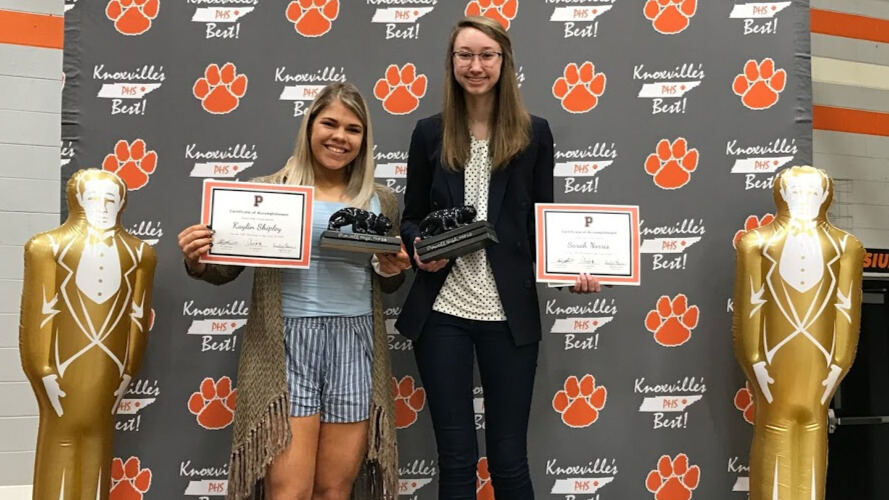Respect + Recognize + Reward + Reinforce + Relationships = Results™
When it comes to determining the most effective approach to driving student success, rewards get a bad name. Empty praise and meaningless trophies do nothing to drive motivation. Rewards combined with relationships, though? Pure gold.
Relationships Drive Student Success
According to research*, verbal praise and positive feedback combined with tangible rewards increase motivation. This means that student success is impacted by the sentiment behind the reward as much as the reward itself. The feeling of being “seen” makes a reward far more powerful.
Without the relationship, a reward is like a fancy car without an engine: exciting for a minute, but it won’t go very far.
While a variety of factors – such as involvement of the school community and presence of trusted adults – can also impact motivation, the power of rewards from supportive educators cannot be overlooked.
“Renaissance Education encourages rewards for improvement, not just for high performance,” said Alanna Walen M.Ed., a specialist on the Jostens Renaissance Education team. “When you think about the amount of effort that goes into moving a GPA from a 1.0 to a 1.7, it’s remarkable. Students who are able to change their habits to make that happen deserve reward, and when that reward comes from someone they care about, future student success is more likely.”
Tips for Teachers
Walen has a few tips for educators to help implement rewards that drive motivation for students.
- Build relationships with students so they feel seen and loved. Ask students about their lives, tell them a little about yours, call out positive behaviors in class, and note extracurriculars they are involved in.
- Rewards should always feel meaningful and legitimate. They should feel like they are earned through effort.
- “Carrots” tend to decrease internal motivation. In other words, don’t try to create high performance by offering rewards ahead of time. Unexpected recognition and rewards are far more effective for impacting intangibles like hard work and integrity.
- Expected rewards are most effective when used to enhance feelings of accomplishment (rather than drive the accomplishment itself) or to motivate people to do boring or repetitive tasks.
- Keep a growth mindset at the forefront – reward actions that will eventually result in student success, like hard work, rather than focusing on innate traits, like being smart.
- Involve students in choosing the rewards that will be given when goals are achieved.
- Connect with other schools to learn their success stories. A prime way to do that is to attend the Jostens Renaissance Global Conference.
If our goal is to increase student success, a combination of strategies that increase both intrinsic and extrinsic motivation are key. Short term performance can be impacted by extrinsic motivation, but long-term performance requires intrinsic motivation. And the secret sauce to it all is relationships. Students are more likely to thrive when feel like rewards have been earned from someone who cares deeply.
“Taking the time to develop relationships in tandem with a successful reward program at your school is well worth the effort,” says Walen. “The combination can truly change lives.”
Resources for Student Success
Here are a few favorite activities from the Renaissance Idea Exchange, a corner of JostensRenaissance.com where educators share effective ideas with each other. If you are looking for more reward ideas that you can do with limited budget, check out this list of rewards that students and Staffulty will love!
A formal ceremony that allows school staff to recognize outstanding students for reasons such as hard work, leadership or any criteria they choose.
An “at-your-fingertips” message notepad that makes it easy and convenient for teachers to quickly express appreciation and encouragement to a student at a moment’s notice.
Increase homework completion and recognize students who consistently turn in their homework with a prize incentive program.
WANT TO USE JOSTENS RENAISSANCE?
If you are a Jostens customer and you need a login to access all the resources on JostensRenaissance.com, email your rep or click here.
If you don’t currently partner with Jostens for yearbooks or graduation regalia or other celebratory products, you can learn more here.
*How do Students Describe the Effects of the Jostens Renaissance Rewards and Recognition Program on their Academic Experience?, Alanna Walen, 2012


